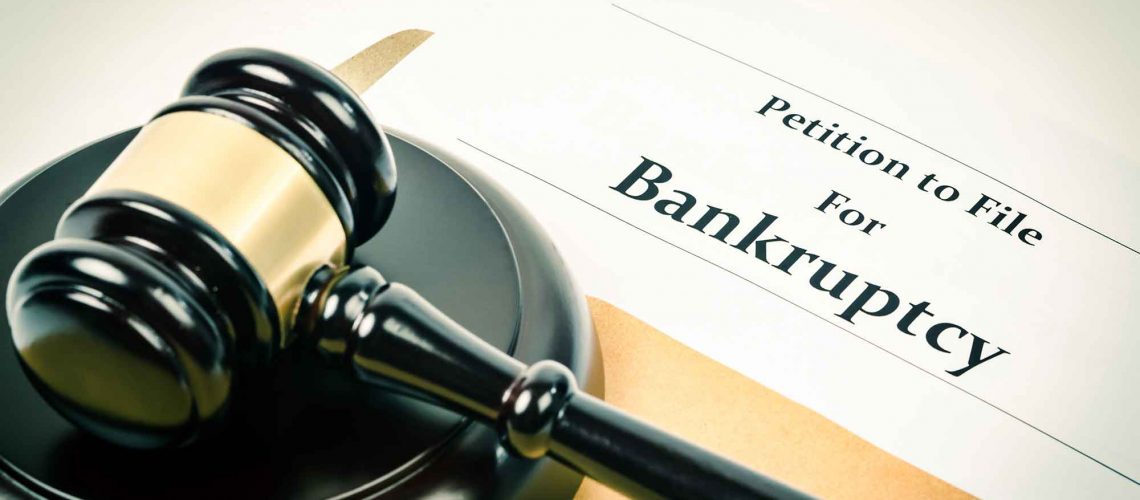When the debt obligations are mounting and creditors are continuously calling for payment, bankruptcy may seem like a viable option for some individuals. The act of going bankrupt takes place when you are unable to meet your repayment obligations on either all or a portion of the debt you owe – a trustee is appointed to take control of your assets in order to repay creditors either through a contractual agreement or by court order. Although this may sound like a way out of financial hardship, there are negative implications to going bankrupt, including loss of assets, a long-standing negative mark on your credit file, and the inability to get financing in the future. Instead of opting for bankruptcy, it is important to seek alternative options that may prove to be less detrimental in the long run.
Refinancing
In order to avoid bankruptcy, some individuals may be eligible to refinance their home in order to pay off other outstanding debts. If there is equity within your home, refinancing allows you, under specific circumstances, the ability to essentially trade one mortgage for another. This process can mean locking in a lower interest rate on the mortgage loan, and may provide for additional funds to be taken out. These funds can then be used to pay off higher interest rate debts that may be piling up.
Renegotiating debts with creditors
Instead of going bankrupt, individuals can renegotiate debts owed to creditors in order to pay less than the amount owed, or to reduce the monthly payment amount. If you have recently considered bankruptcy or are seeking bankruptcy help, contacting your creditors or having a professional do this on your behalf may be worthwhile. This can help you avoid going bankrupt, and reduce your repayment obligations without losing control of your financial situation.
Debt consolidation loan
A debt consolidation loan can be beneficial for those who qualify based on credit history and income thresholds, and works similarly to a mortgage refinance. This type of alternative to bankruptcy allows qualified individuals to take out a loan that will pay off other debts while providing a fixed repayment term as well as one manageable monthly payment.
Debt agreement
The last alternative to going bankrupt is utilising a debt agreement which allows you to enter into a debt settlement arrangement between yourself and creditors. Simply put, a debt agreement freezes the interest on eligible accounts and halts creditors from being able to take any legal action against you to force repayment. Debt agreements were created as an alternative to going bankrupt, so that individuals can have an affordable and the opportunity to bypass the harsh affects of bankruptcy.
If you are considering going bankrupt or are actively seeking bankruptcy help, it is beneficial to speak with a specialist who understands your unique situation and all of the alternatives available to you.

